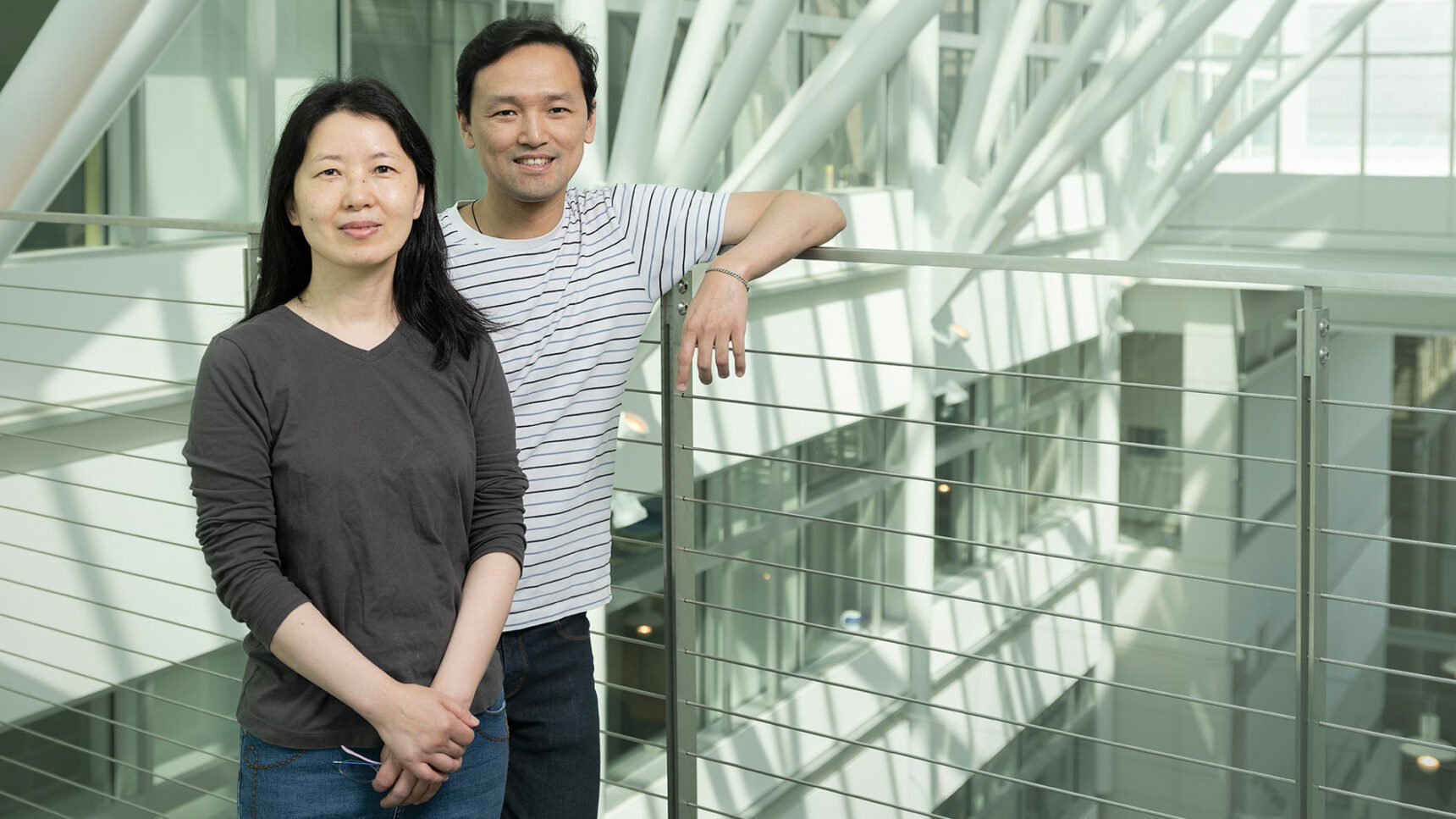Discoveries
Predicting Eclipses: The Three Body Problem
Solar eclipse prediction has driven innovation across the history of science and mathematics, from the Saros cycle to Greek geometry to Newton’s calculus to the three-body problem.
Read related article
Select Playlist
Explore All Videos
What Is Universality?
Scientists have discovered a mysterious pattern that somehow connects a bus system in Mexico and chicken eyes to quantum physics and number theory.
Akshay Venkatesh: A Number Theorist Who Bridges Math and Time
Akshay Venkatesh on his mathematical working style, which took him many years to discover.
Constantinos Daskalakis: A Poet of Computation Who Uncovers Distant Truths
Constantinos Daskalakis on why he studies the interface between theoretical computer science and human behavior.
Caucher Birkar: An Innovator Who Brings Order to an Infinitude of Equations
Birkar discusses the need for originality in mathematics and in life.
Alessio Figalli: A Traveler Who Finds Stability in the Natural World
Figalli explains how physical intuition can play a key role — but not the only role — in mathematical thinking.
Cohl Furey on the Octonions and Particle Physics
Cohl Furey explains what octonions are and what they might have to do with particle physics.
Jessica Whited on Limb Regeneration and the Axolotl Genome
Jessica Whited is a biologist who studies limb regeneration at Harvard Medical School and Brigham and Women’s Hospital. Here, she explains how genomic information for the salamander called an axolotl will help us understand the potential for regrowing limbs in humans and other animals.
Carina Curto on How Physicists Can Think About Neuroscience
Carina Curto, a mathematician at Pennsylvania State University, explains how her background in theoretical physics helps her tackle daunting problems in theoretical neuroscience.
Lisa Manning on the Dynamics of Glasses and Embryos
Lisa Manning, a physicist at Syracuse University, describes how the physics of glassy materials helps to explain how some organs assume their correct shape during embryonic development.


















